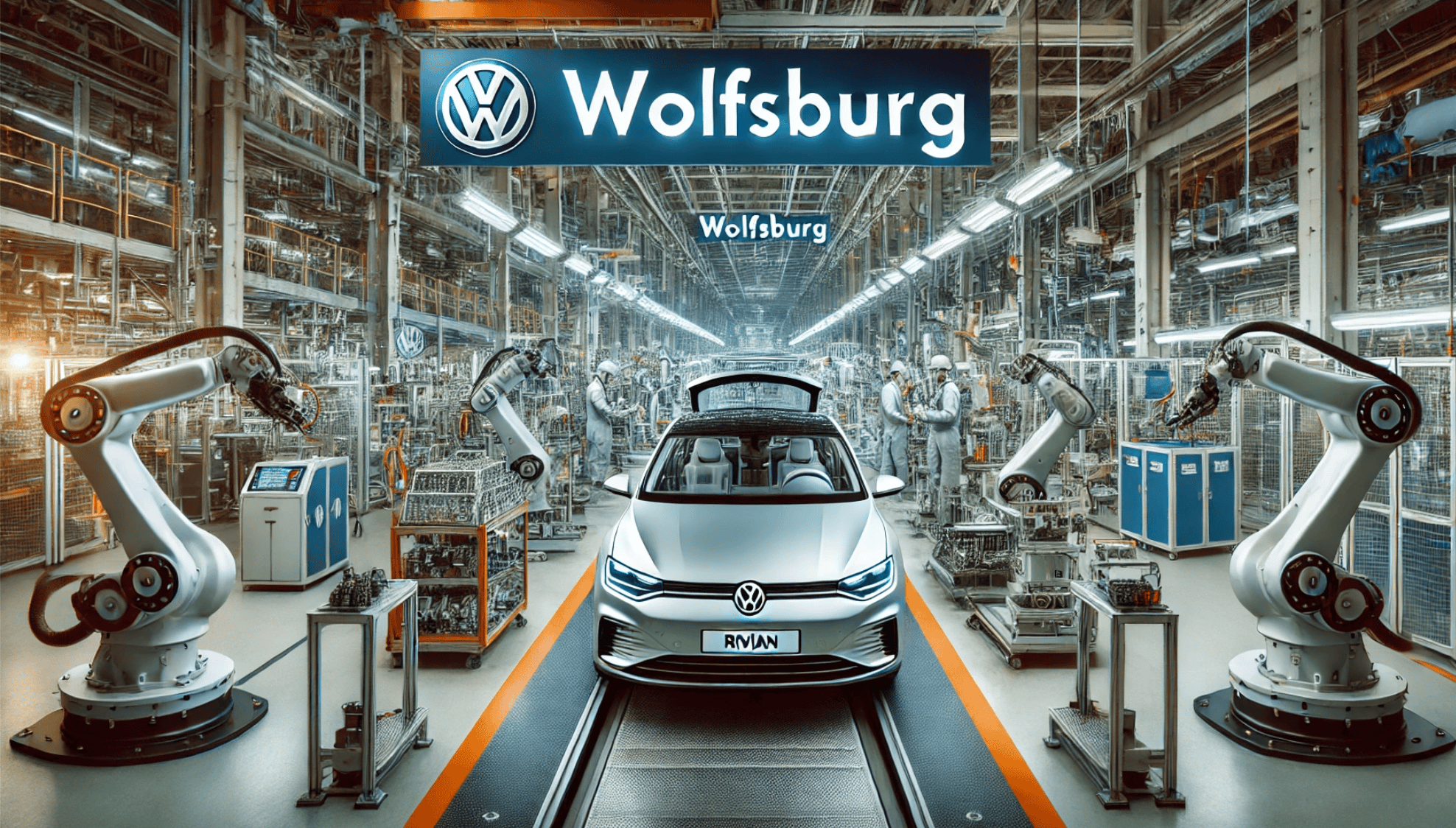
At the end of June, it was announced that the VW Group, under CEO Oliver Blume, had entered into a joint venture with Rivian. VW wants to invest up to 5 billion US dollars in the US company and a joint venture to benefit from the Americans’ digital expertise. Months earlier, the VW brand had joined forces with the Chinese start-up XPeng and the Audi brand with SAIC.
Rivian is known to be the US start-up that wants to fulfill the American mobility dream with its trucks and SUVs – only electrically. The company also manufactures electric delivery vehicles for Amazon.
The CARIAD disaster and no end in sight
The VW Group has been largely unsuccessful in its commitment to digitalization in cars. The software subsidiary CARIAD has been developing a standardized operating system for years, but progress has been limited.
When the ID.3 debuted, hundreds of electric cars were initially put on hold because the operating system was still buggy. They had to wait for a “delivery update.”
It felt like the CARIAD bosses changed every three months
However, the Group’s digital “powerhouse” made little progress. Although it has thousands of developers at its disposal, the results are still a long time coming.
The delays finally became too much for the Porsche brand under Oliver Blume. The electric Macan was developed in-house, and Audi also had to switch to Plan B to launch the new Q6 e-tron electric car, which, like the Macan, is based on the new PPE platform.
Software and Germany
The CARIAD disaster impressively demonstrates that Germany is extremely backward regarding software development – not to mention artificial intelligence technology. This does not only apply to the automotive sector. In fact, even India and China regularly overtake the nation of poets and thinkers.
In Germany, the belief that “more is better” persists. In other words, if you put enough developers to work on the subject, you will get an outstanding software result in a flash. It’s a phenomenal misconception.
Can the Rivian-VW joint venture “save” Wolfsburg?
There are serious doubts here. Although Rivian has a good software foundation, it is a far cry from the giants of the industry, such as Amazon, Apple, Google, Microsoft & Co. In addition, Tesla has set the pace with its OS, one of the first in the world to be OTA-update-capable. The Musk company has not left the pole position since then, which is not jeopardized by the increasing competition from Google’s Automotive OS. German OEM bosses seem to have been slow to realize what has been improved in Teslas through software updates alone. Of course, Tesla’s software success was and is closely linked to the engineering of its vehicles. OTA updates are only possible if the entire system is designed for them. German OEMs have only been groping their way towards this for years.
Who is the junior partner?
Rivian has sold around 85,000 vehicles since it was founded. As with many start-ups, the coffers are tight. VW, on the other hand, is one of the largest car manufacturers in the world. One would think that this would make Rivian a junior partner of the Wolfsburg-based company.
However, if you look at the software expertise of the Germans, VW is likely to have a vested interest in alleviating the CARIAD disaster through the collaboration.
Rivian, on the other hand, will initially benefit from the Wolfsburg-based company’s financial commitment, enabling it to launch the new products it presented a few months ago, which were very well received, more quickly.
In this respect, the cooperation between the parties is a win-win situation. The deal is also financially advantageous for VW at first glance. The software subsidiary CARIAD costs billions every year and is constantly making huge losses.
At a second glance, however, dependence on another competitor could prove to be a fatal decision for the future.

